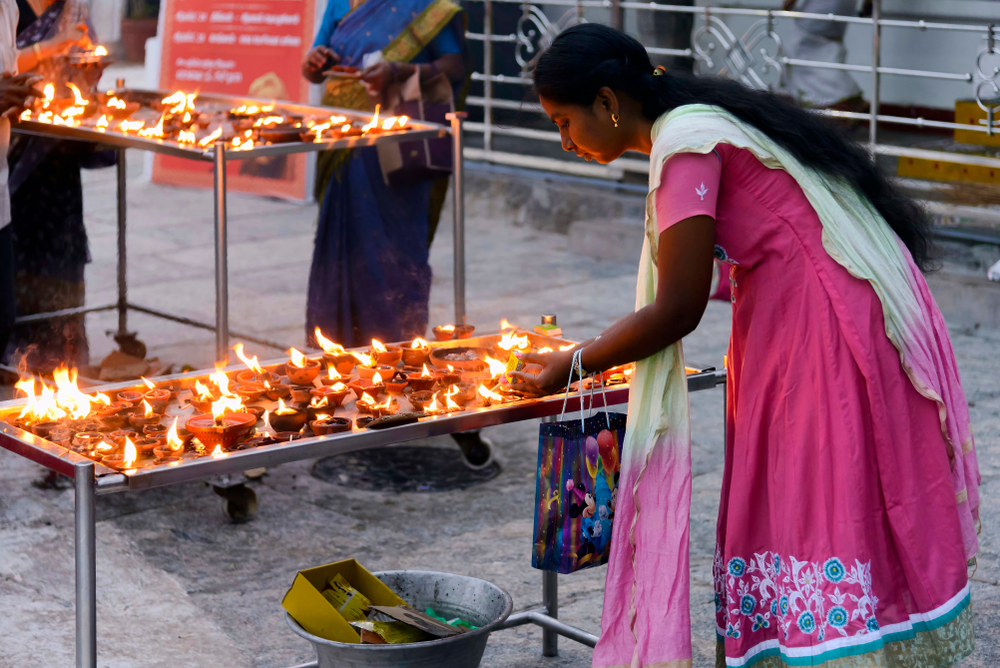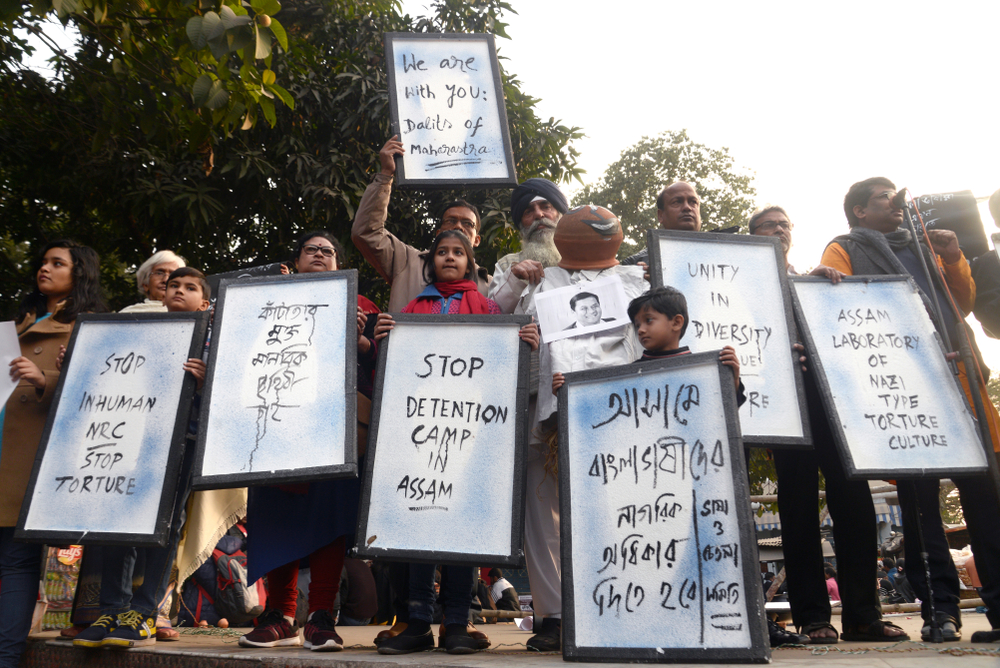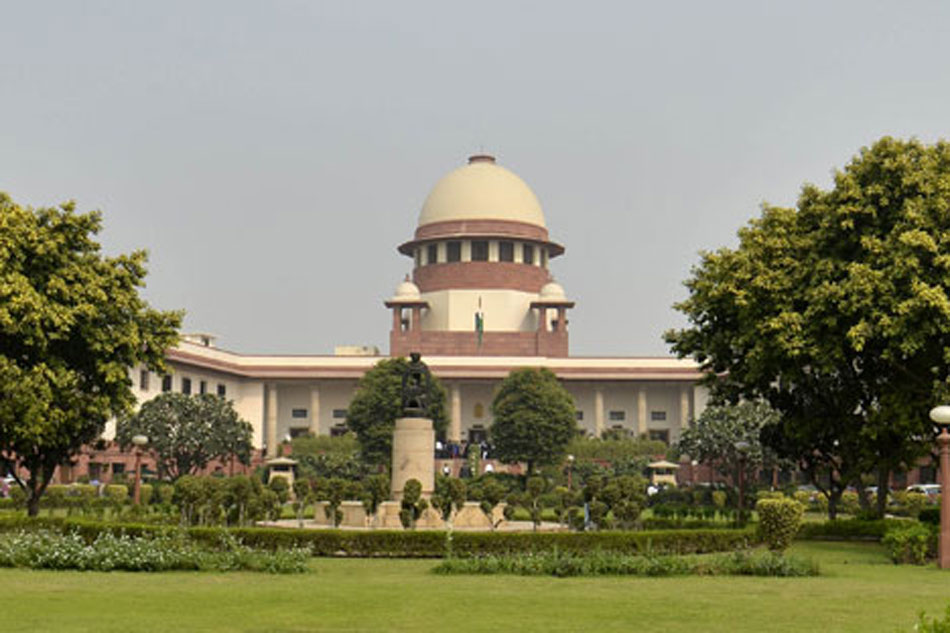Sir — The plea to protect women devotees from sexual exploitation by expanding the Vishakha guidelines to religious places has been dismissed by the Supreme Court.
A religious site is seldom considered a workplace and women disciples’ labour is expected to be selfless and unpaid. Such prejudices supplement the larger discourse on how women’s hard labour remains unrecognized in Indian jobs.
It is time for laws against sexual harassment to identify and reimagine the workplace and women’s contribution to religious institutions. Experience shows that there is no dearth of cases of sexual exploitation of women in ‘sacred’ places.
Saraswati Dikshit,
Calcutta
State of affairs
Sir — No one appears to be interested in the fate of the people in Assam who will be stripped of their citizenship (“Home and away”, July 15). This issue needs to be tackled urgently on humanitarian grounds. One hopes that the media will create public opinion on this matter so that the Centre reviews its decision and intervenes. The political leadership must make suitable alternative arrangements for the 40 lakh stateless people who have been left out of the final draft of the National Register of Citizens. This is an enormous job, and will take time to execute.
An area in the Northeast along the border with China may be earmarked to create a new home for them. The formation of a new state will help increase the social and political stability of the region and stimulate economic growth. Such a move would also be in line with the government’s vision of taking the Indian economy to new heights. Border trade with China and Myanmar will most likely witness a significant increase, thereby leading to the creation of many jobs. The prime minister, Narendra Modi, must personally look into the complicated matter of the NRC.
Prasun Chaudhuri,
Noida
Wandering around
Sir — The editorial, “Milk of human kindness” (July 20), logically concluded by asking, “[i]s there any reason that helpless humans should not be given shelter too?” In other words, human lives are no less valuable than those of cows. If Madhya Pradesh or Uttar Pradesh can spend crores on sheltering cows, the West Bengal government should also be able to do the same for homeless people. Mamata Banerjee can play a pioneering role in making houses for the destitute.
Ajay Kumar Deb Biswas,
Hooghly
Sir — Homelessness is a growing problem across the world and in India too. According to the 2011 census, there are 1.77 million homeless people in India. With the burgeoning population, the crisis will deepen. Women, children and those with mental ailments are most vulnerable to abandonment, violence and exploitation. Although non-governmental organizations are helping resolve the problem, their efforts alone are not enough. The State must also focus on the issue.
Chahat Singh,
South 24 Parganas
Real danger
Sir — The Vivekananda Road flyover had led to the loss of many lives when it collapsed (“Tender for flyover demolition”, July 18). Now another portion is reportedly being dismantled. Had the construction been properly supervised, the damages could have been avoided. The government should take this matter seriously and punish those who were responsible for the negligence in construction.
Sukhamay Biswas,
Calcutta













